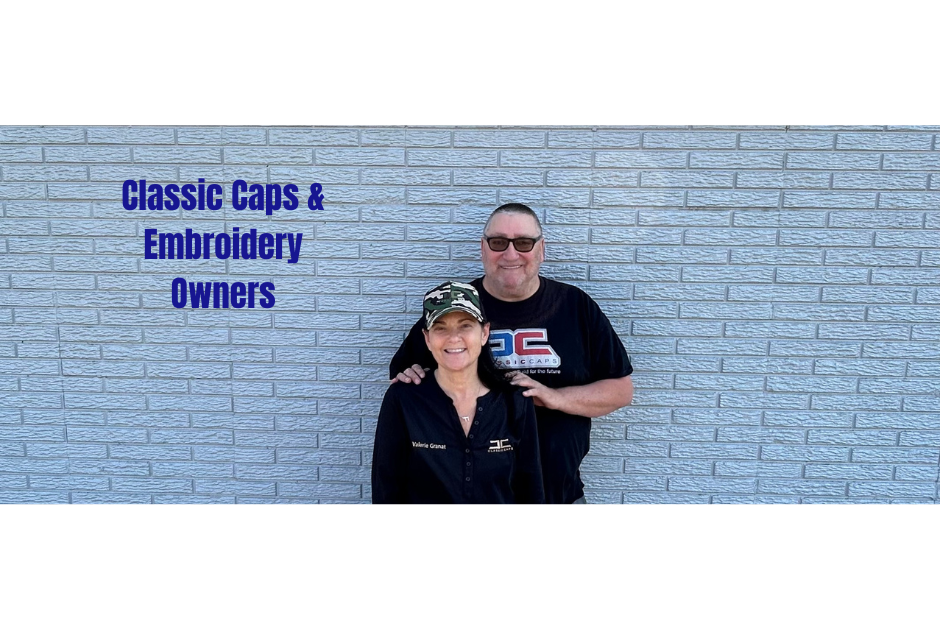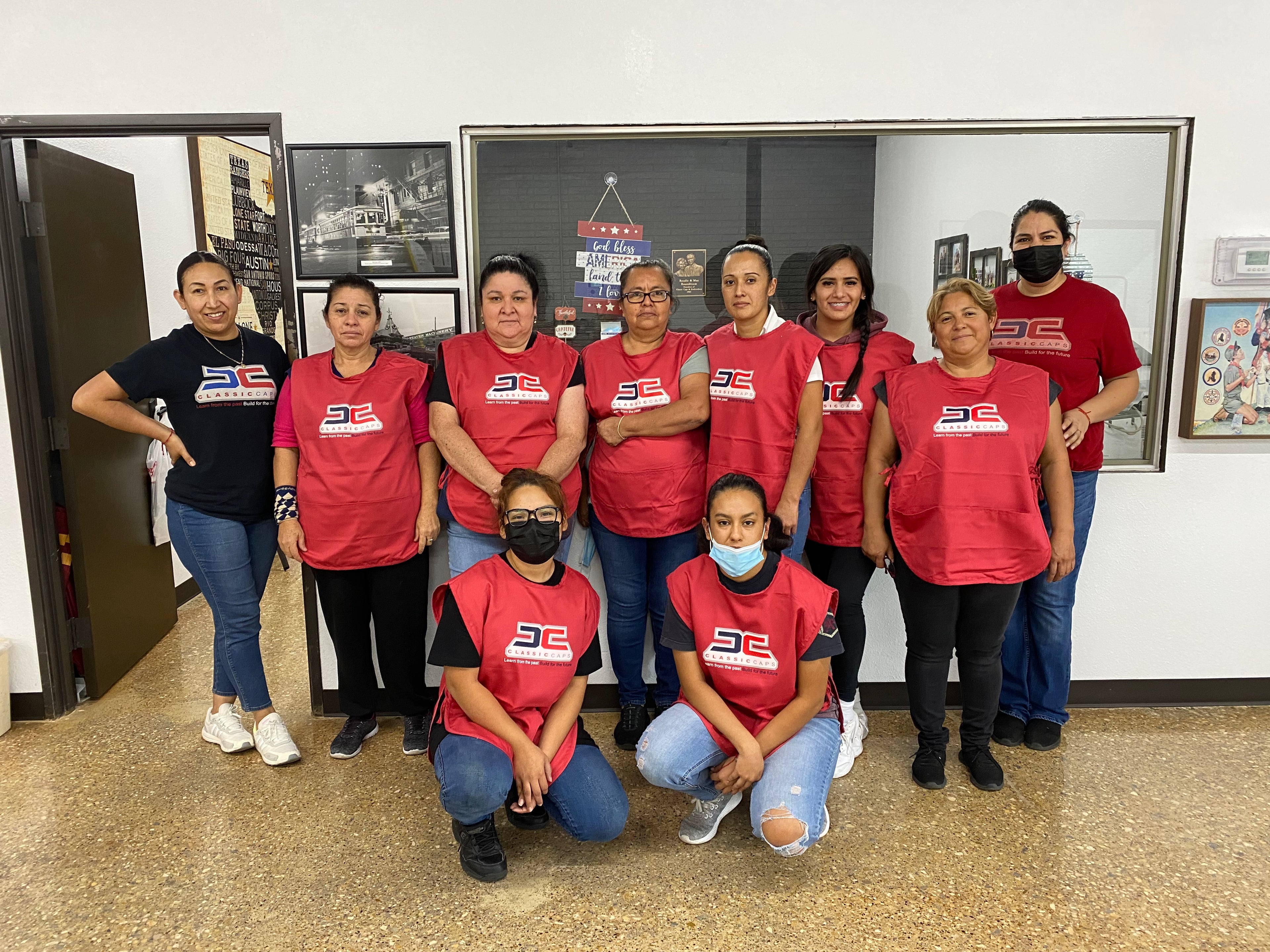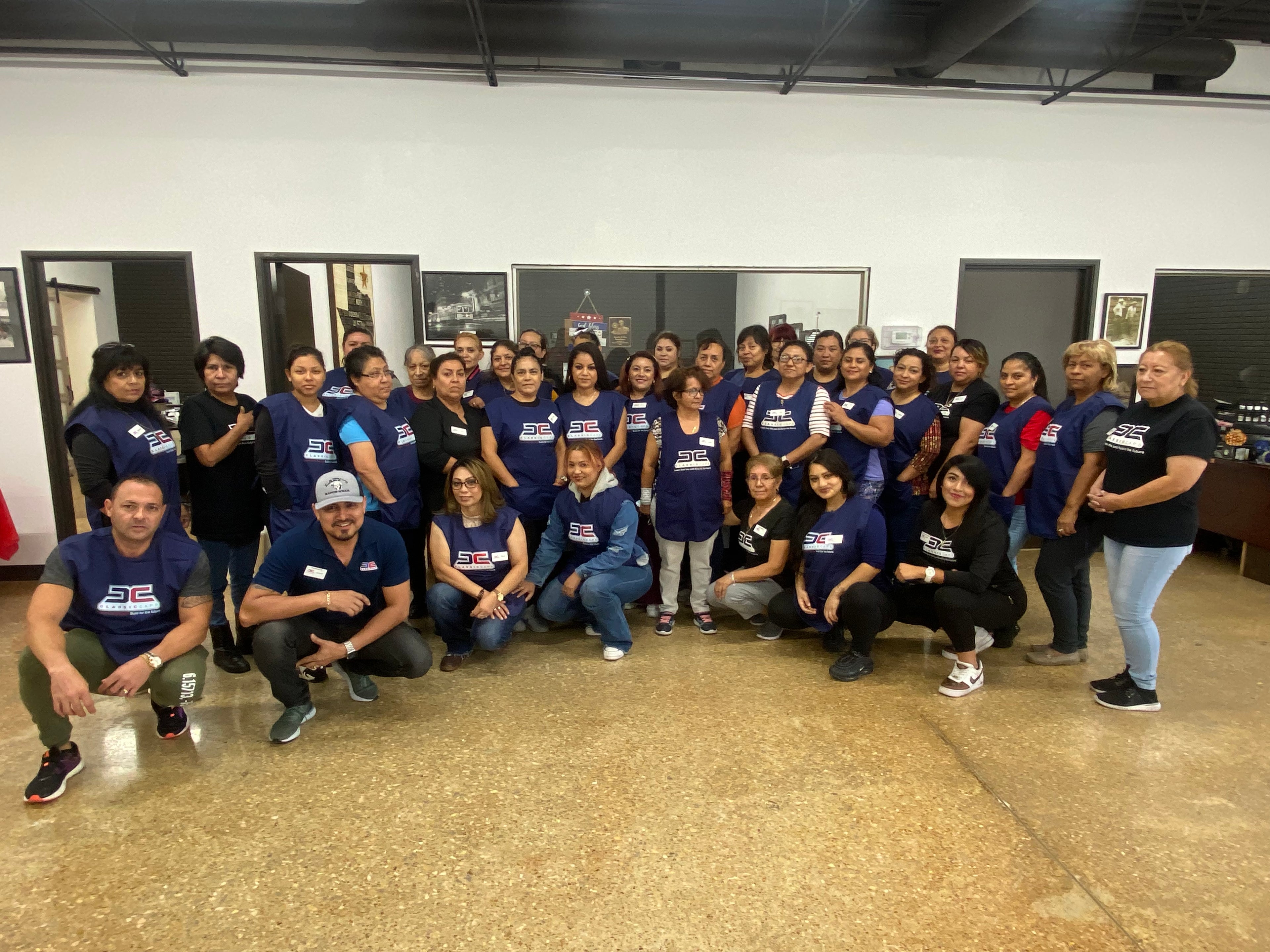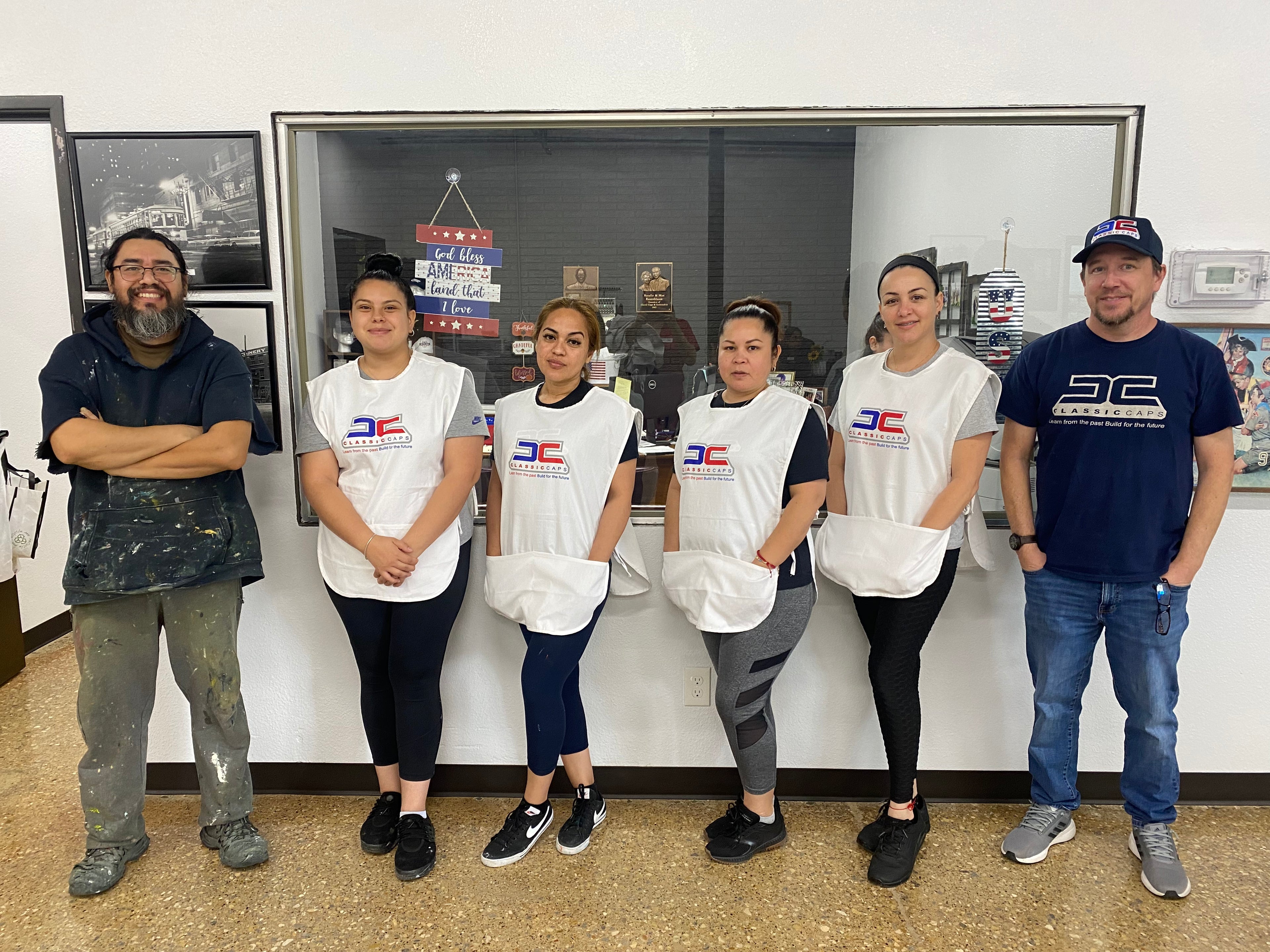Private labeling
Private Label Dropshipping
Private label dropshipping is a business model that combines elements of private labeling and dropshipping. Here's a breakdown of how it works:
-
Private Labeling
-
In private labeling, a retailer creates their own brand and applies it to products that are manufactured by a third-party. Unlike traditional manufacturing, the retailer doesn't have to handle production.
-
They simply put their brand name or logo on a product that's already being made by someone else. This allows the retailer to sell a product as their own unique brand without the complexities of manufacturing.
-
Dropshipping
-
Dropshipping is a fulfillment method where the retailer doesn't keep the products it sells in stock.
-
Instead, when a store sells a product, it purchases the item from a third party (usually a wholesaler or manufacturer) and has it shipped directly to the customer. As a result, the retailer doesn't have to handle the product directly.
When these two concepts are combined into private label dropshipping, it works like this:
- A retailer partners with a manufacturer who offers private labeling and dropshipping services.
- The retailer selects products from the manufacturer's catalog and brands them with their own private label.
- The retailer then sells these products under their own brand name through an online store.
- When a customer orders a product, the retailer forwards the order to the manufacturer.
- The manufacturer then dropships the product directly to the customer on the retailer’s behalf, with the retailer's branding on the product.
This model allows retailers to sell unique, branded products without the need for inventory management or a significant upfront investment in product development and manufacturing.
It's particularly popular in the e-commerce space due to its low barrier to entry and scalability.




